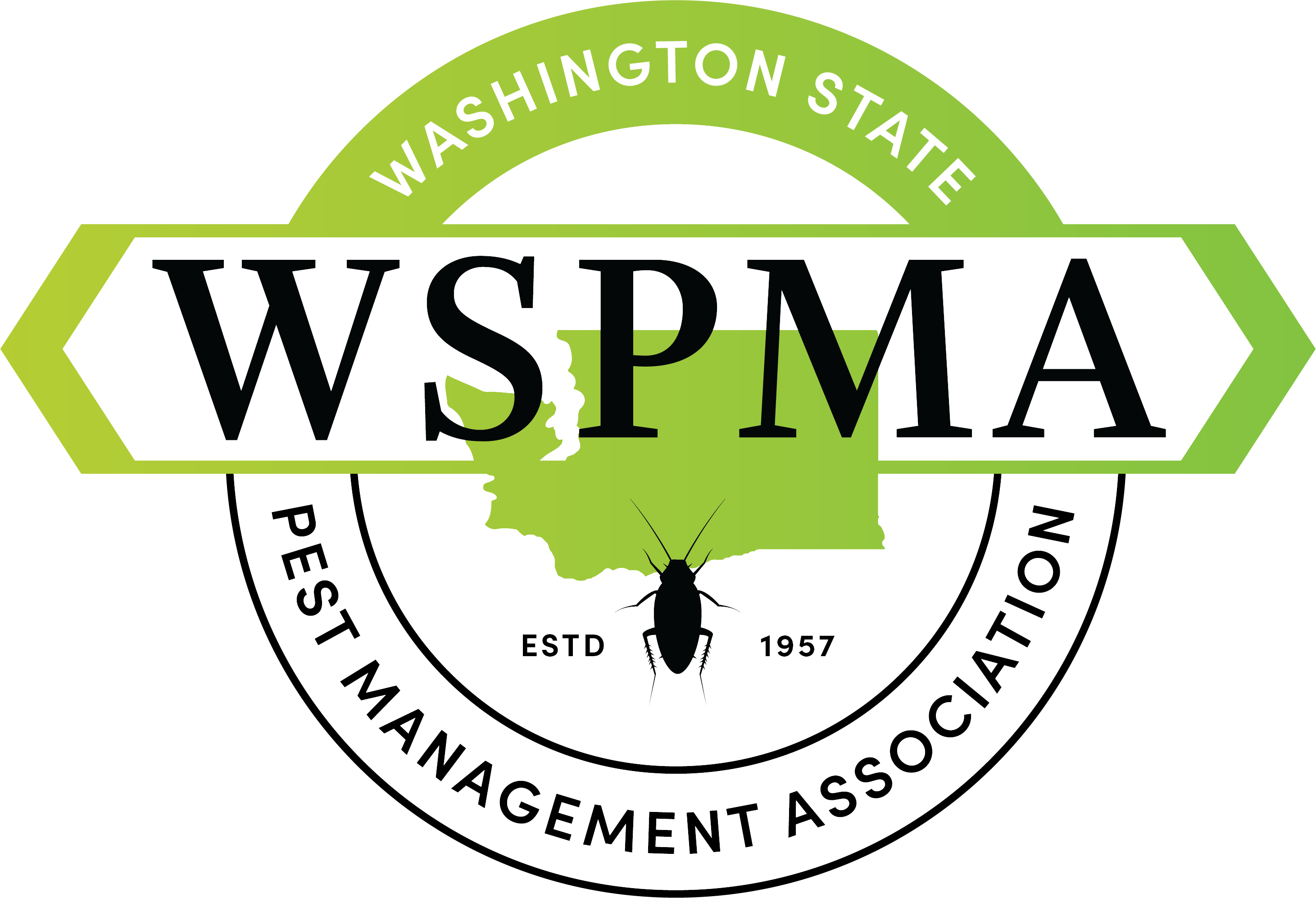Details
April 16, 2025
8:00AM - 9:00AM PST
Pollinator Health: Ensuring a Sustainable Future
Virtual Event
Meeting to be held virtually
Course Description |
Pollinators play a critical role in our environment and agriculture, yet they face growing challenges from habitat loss, climate change, and human activity. This annual WSPMA webinar is designed to equip pest management professionals with the knowledge and tools to balance effective pest control practices with pollinator conservation. During this one-hour session, experts will explore:
|
|
Target Audience |
This webinar is tailored for pest management professionals, environmental advocates, agricultural specialists, and anyone in the pest control industry who is committed to sustainable practices. Whether you’re a technician, business owner, or policy influencer, this session will provide valuable insights into balancing effective pest control with pollinator conservation. It’s also ideal for professionals looking to stay informed about the latest industry trends and environmental stewardship practices. |
|
Investment |
Member |
Non-Member |
| $15 | $30 | |
CEU |
ISDA: 1 credit hour approved. Course Number: 2500766. WSDA: 1 credit hour approved. Course Number: 2025-286-A. CEUs to applied for in OR. |
|
Space |
Unlimited | |
Speaker |
Scott McArtCornell, Associate Professor, Department of Entomology Dr. Scott McArt specializes in pollinator health, focusing on how pesticides, pathogens, and habitat impact honey bees and wild pollinators. He co-leads the Dyce Lab for Honey Bee Studies and the Cornell Chemical Ecology Core Facility. With a research and extension appointment, he collaborates with stakeholders such as beekeepers, farmers, and regulatory agencies to address real-world challenges in pollinator conservation. Dr. McArt earned his BA in Environmental and Evolutionary Biology from Dartmouth College, his MS in Biological Sciences from the University of Alaska-Anchorage, and his PhD in Entomology from Cornell University. His research interests include ecotoxicology, disease ecology, community ecology, and chemical ecology. Outside of work, he enjoys running, outdoor adventures with his family, and nature photography. |
|

